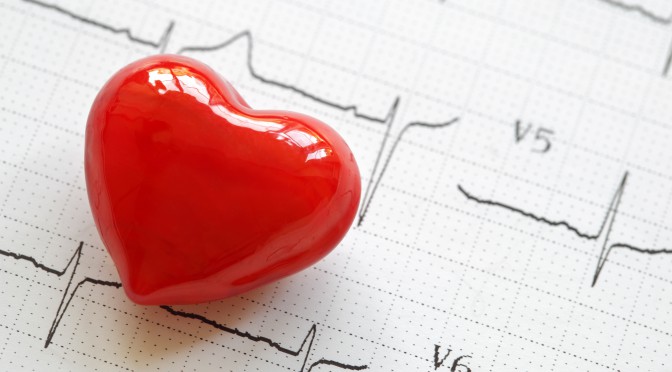There are numerous medical tests that can be taken throughout an individual’s life. Some are relevant to age while others are on a need-only basis. Regardless of the test, there is one thing that must be kept in mind: family history. This is one of the most important elements of your medical file. Certain tests that are usually administered later in life may need to be taken earlier to help prevent major illnesses, like cancer. Always tell your doctor about your family history and discuss which tests should be taken and when based on your medical file.
Children
Childhood is a time for immunizations. They begin immediately at birth and continue into adulthood.
Recommended Immunizations include:
- Hepatitis B – newborns, usually 12 hours after birth; 1-4 months; and 6-18 months
- Diphtheria, Tetanus, Pertussis – 2, 4, and 6 months; 15-18 months; and 4-6 years
- Tetanus-Diphtheria – 11-12 years
- Haemophilus Influenzae Type B – 2, 4, and 6 months; 12-15 months
- Inactivated Poliovirus – 2 and 4 months; 6-18 months; and 4-6 years
- Measles, Mumps, Rubella (MMR) – 12-15 months and 4-6 years: those you have not previously received the 2nd dose should do so by 11-12 years
- Chickenpox – 12-18 months
- Pneumococcal disease (PCV) – 2, 4, and 6 months and 12-15 months
- Influenza – yearly for children 6 months or older
These are merely recommendations and the time frames are just guidelines. Always talk to your family doctor about what schedule and how frequently your children should receive their immunizations.
Once children reach kindergarten, first, and second grade, they are typically given hearing and vision tests. However, this should be done early by the parents to ensure there are not any issues that will hinder your child’s ability to learn. Continuing on, the next medical test administered is the scoliosis test. This is done at least twice in the high school years on a rotating basis – either their freshman and junior year, or their sophomore and senior year.
It is also recommended that when girls start their menstrual cycle, they are taught how to give a self-breast exam. This should be done once a month and can be an early warning sign if anything should arise. Starting in the teens to early twenties – depending on family history – girls should start receiving annual vaginal exams. These exams detect whether or not she has cervical cancer, so this is especially important if cervical cancer runs in the family.
Adults
About mid-twenties, early thirties an individual should look into cardiac panel tests if heart disease and other heart related problems run in the family. The cardiac panel will test things like triglycerides, cholesterol, and lipids. Kidney and liver panels can also be run if there are any problems in the family history, but these are usually on a need only basis.
Women in their mid- to late thirties should schedule a mammogram if there is any history of breast or cervical cancer in the family. If there isn’t, this test can wait until the forties because young tissue can sometimes be too dense to see masses on film. This is why it is very important that girls are taught at a young age to give self-breast exams.
Men do not have many required tests other than the prostate exam. This should be looked at in the early thirties if there is any family history of prostate cancer. Otherwise, this can wait until the forties or fifties. However, it is recommended that this be checked on a yearly basis once a man begins taking the exam.
Colonoscopies can be scheduled in the fifties because this is when the colon starts slowing down and problems start to occur. However, this is not a ‘set in stone’ age, as these tests have been done on people as young as 14 years old. There are several factors taken into consideration and it depends on the overall health of the colon.
As you can tell, there are many tests that should be done at various stages of your life. If you have a family history of anything, be sure to check with your doctor about getting an exam early. It is good to know and be able to treat at earlier stages than to wait until later when the damage has been done. However, it cannot be stressed enough, know your family history! Get regular checkups when you are supposed to and maintain a healthy lifestyle. These are the best measures for a happy and healthy life.

